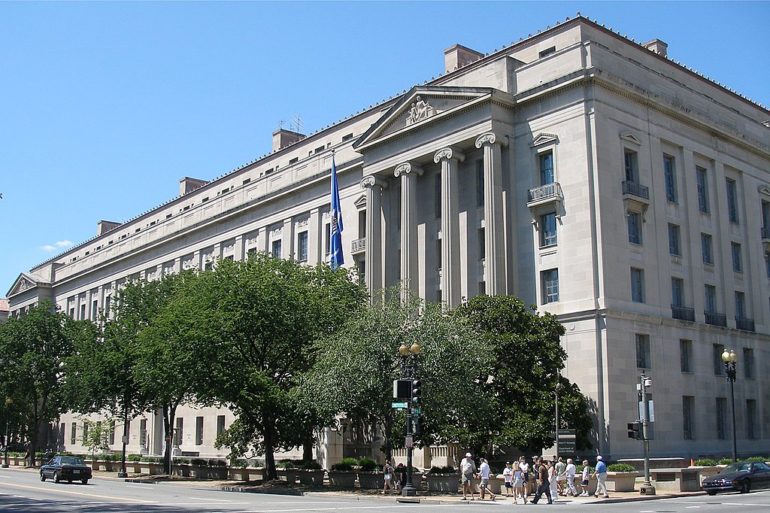The Department of Justice is now reportedly considering a proposal to prohibit transgender Americans from possessing firearms, a move that could set off one of the most contentious debates over gun rights and identity in recent memory.
The proposal comes after a mass shooting at a Catholic church in Minneapolis allegedly committed by a 23-year-old transgender woman. The tragedy has intensified political scrutiny, fueling both conspiracy theories and heated arguments about whether certain groups are predisposed to violence.
Officials inside the Justice Department argue the plan is intended to protect public safety by ensuring that those experiencing significant mental health challenges are prevented from obtaining firearms. “To ensure that mentally ill individuals suffering from gender dysphoria are unable to obtain firearms while they are unstable and unwell,” a Justice Department official explained.
Such a policy would mark a significant shift. During his time in office, President Donald Trump issued a series of directives related to transgender Americans — actions his critics decried as discriminatory, but which his supporters hailed as common-sense measures designed to protect fairness in women’s sports, secure military readiness, and restore biological clarity in federal policy. Among them were an executive order eliminating federal recognition of transgender identity, restrictions on gender-related healthcare, and a ban on transgender athletes competing in women’s divisions. The Department of Defense also removed thousands of transgender service members from active duty, citing readiness and cohesion concerns.
The current proposal would extend this approach to gun rights, bringing into focus the intersection of mental health, gender identity, and the Second Amendment.
Under federal law, individuals may only be stripped of their right to bear arms if a judge determines that they are mentally “defective.” The Justice Department is now considering whether gender dysphoria — the psychological distress tied to a person’s identification with a gender different from their biological sex — should be included in that classification.
Still, the debate over firearms for transgender individuals reflects a broader cultural clash. Conservatives argue that conflating gender dysphoria with stable mental health presents clear risks, especially when firearms are involved. Supporters of Trump’s earlier policies see this potential restriction as a natural extension of a worldview that prioritizes public safety and biological reality over ideology.
For opponents, however, the Minneapolis shooting has become another flashpoint in what they describe as a campaign to push transgender people to the margins of society. They warn that using the criminal acts of one person to define an entire group echoes past moral panics.
The Justice Department has yet to make a final determination. But as discussions move forward, the proposal highlights the tension between safeguarding constitutional rights and addressing growing public concerns about mental health and violence.
[READ MORE: Trump Administration Expands Military Campaign Against Narco-Terrorists in Caribbean]





